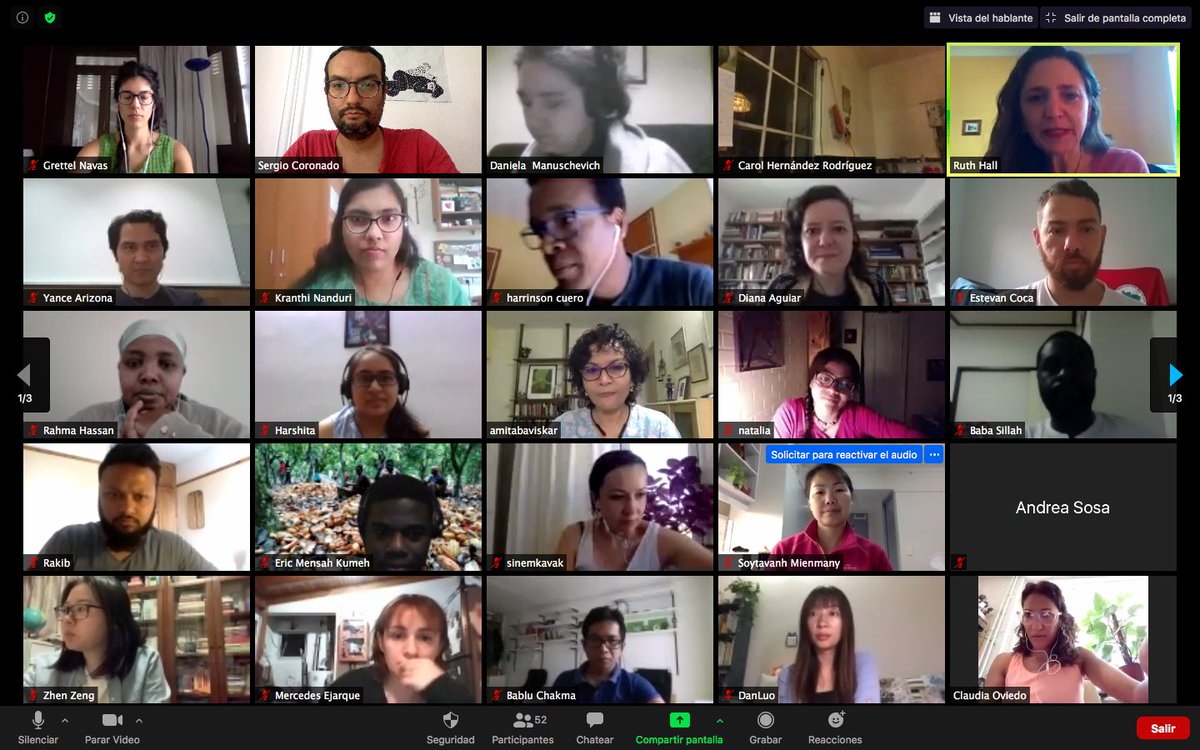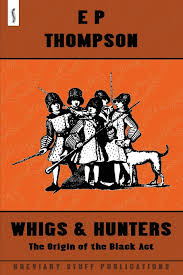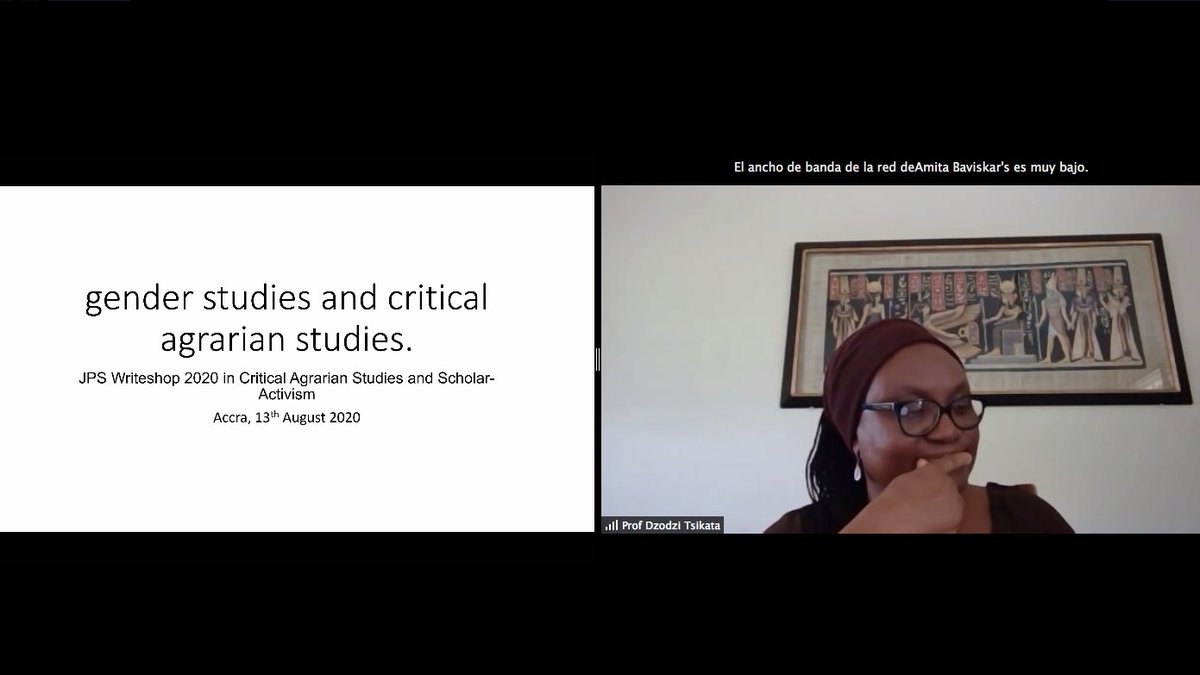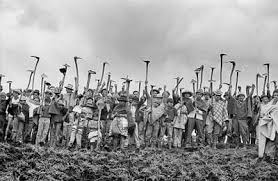Keep tuned on this exciting discussion with 75+ scholar-activists from 50+ countries

The struggle went beyond rights, towards a larger challenge to relations of production: people found this form of development as destructive of their forms of life.
Still, The question for the role of ecology emerged later
doi.org/10.1080/030661… (Nancy Lee Peluso's review at JPS)

For instance, how feasible is the idea of considering energy and nature as a common and universal matrix, that can be considered and measurable in different ways.
Rather than divisions, there are flows of energy, commodities, biomass, connecting through inequalities both spaces.
The properties of nature are shaping social relations, they are not only the context, or the environment in which social relations are taking place, but most importantly they shape them.






